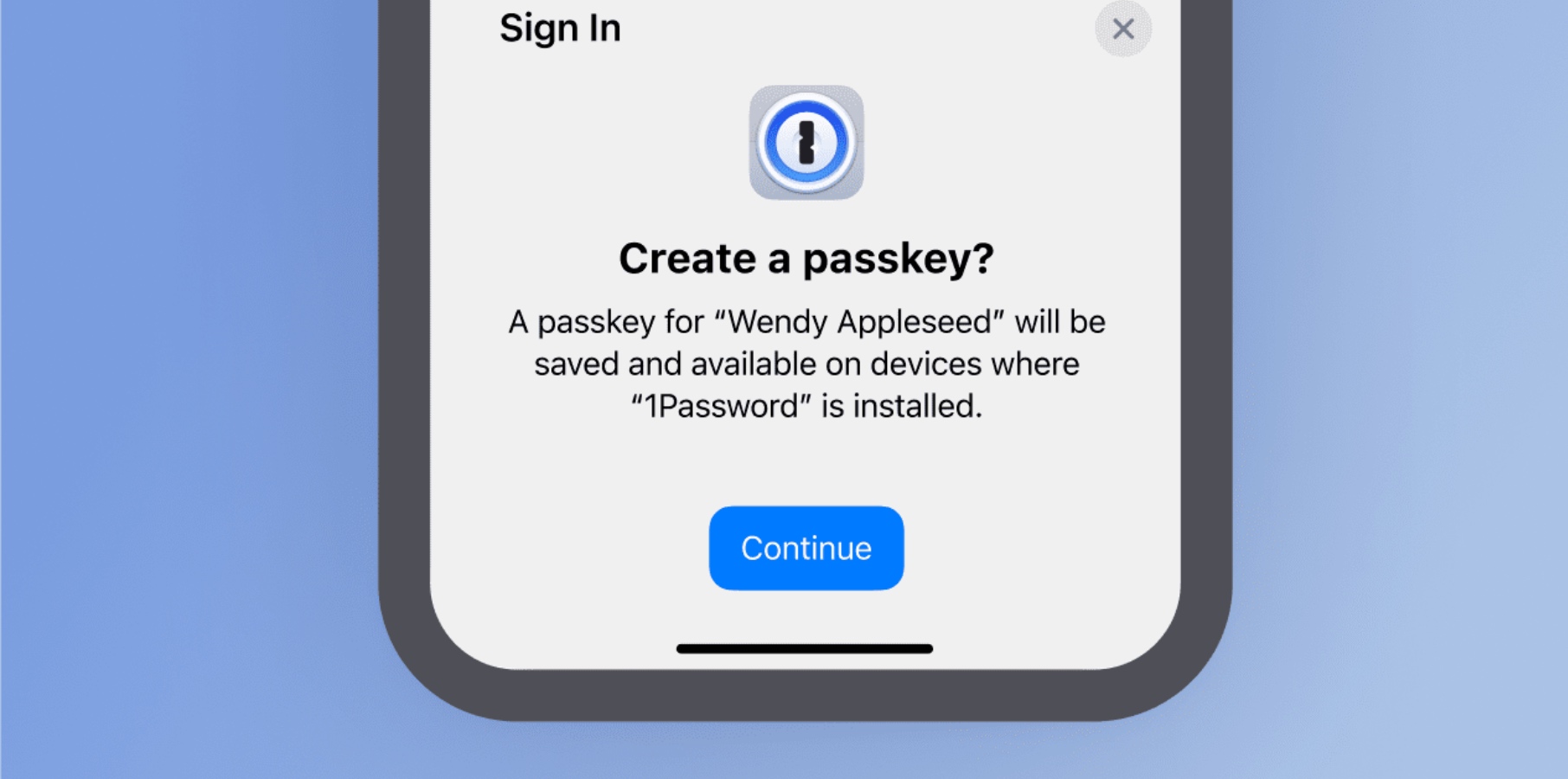I don’t want to imagine what life would be like without a password manager by my side. I actually use several of them, including 1Password, Proton Pass, and Apple Passwords. They help me generate and store unique passwords for hundreds of websites and apps. Password managers also hold credit card details and other sensitive information I might want to protect, but guarding my passwords is their number one responsibility.
The alternative would be either constantly forgetting my passwords or reusing the same email and password combination over and over. That’s something I’d never do or advise anyone else to do.
Even so, passwords are the weakest link in the security that protects our products and software. The next best thing is already here, but it’ll take a while to replace password use for good. I’m talking about passkeys, which use biometrics to log you into apps and services. Passkeys are tied to your devices, which is an extra layer of security.
Passkeys are currently unhackable, as an attacker would need your fingerprint or face to access your accounts. They would also need access to the devices where you’ve stored the passkeys.
While it’ll be a while before the passkey can “kill” the password, 1Password says that it has thus far seen “record-breaking growth” in passkey adoption. Millions of people are using passkeys regularly, and more and more companies are adopting this new password replacement.
The company said in a blog post that over 4.2 million passkeys were saved in 1Password, and the number keeps growing every day. However, it’s a drop in the bucket compared to all the password-based logins used in the world. Billions of people have all sorts of internet accounts, most of which use passwords.
Then again, it’s not up to the user. You can only turn your biometrics into a password if the company offering a service you have an account for adds passkey support to logins. 1Password indirectly confirms that by saying that passkey use spikes whenever a new service adds support.
1Password uses X as an example. When X announced global passkey support on the iPhone, nearly 90,000 new passkeys were created and saved in 1Password during the first week. Hopefully, the same user behavior will be replicated across services.
1Password also shared more stats since its password manager added passkey support in September 2023:
- 4.2M passkeys saved in 1Password.
- 15.4M passkeys autofilled by 1Password.
- Averaging over 2.1M passkey authentications per month.
- On average, every 1 in 3.4 customers using the extension has at least one passkey stored in 1Password!
- Of 1Password passkey customers, 73% are consumer accounts, and 27% are business accounts.
- 206 companies have added a passkey log-in option, doubling since last year. Check out our directory for the full list of websites that support passkeys.
That last item in the list is of particular importance. I’ll advise you to save this Passkeys Directory website that 1Password offers even if you’re not a 1Password customer. You’ll want to keep visiting that website to see if some of the companies you’re a customer of support passkeys. Whenever they do, you’ll want to add passkeys to your devices so you don’t have to log in using a password.
I say that as I’m not always saving passkeys when the option is presented to me, postponing it to “later.” Later, I forget to do it. This website will remind me to save more passkeys for the web services and online apps I use.
While the death of the password has begun, I will repeat what I said earlier. You should use a password manager to save all your passkeys and set unique, strong passwords for your accounts. Creating a passkey for a login doesn’t actually remove the previous password. Someone with access to that password could still log in.
Some services let you create new passwordless accounts now that they support passkeys. Others might let you disable the password.
Whatever your passkey situation might be, you’ll still need to store them safely. You don’t want to lose access to your accounts if your device is damaged or lost/stolen.
1Password is an option for saving passkeys alongside passkeys. Proton Pass, Apple Passwords, and other password managers also work similarly.
